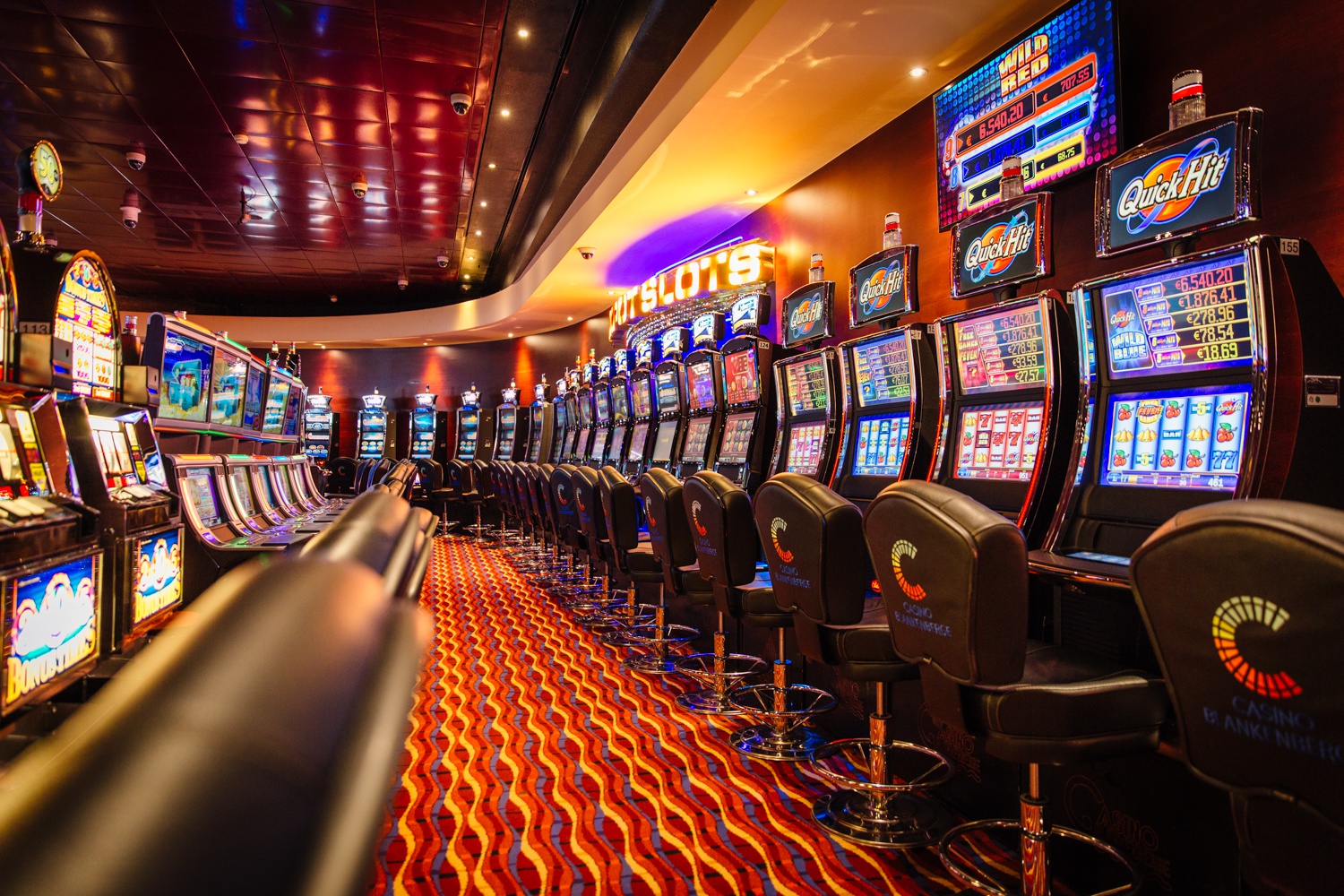
When we think of gambling activities, the first images that often come to mind are those of spinning roulette devices, poker chips clattering on felt tables, and dice rolling across a gaming surface. While numerous consider these games as mere hobbies fueled by chance, a more profound exploration reveals a captivating blend of tactics, expertise, and community interaction that elevates them far beyond basic luck. Regardless of whether you are a seasoned player or a inquisitive newcomer, grasping the nuances of these activities can significantly enhance your experience and understanding.
Casino activities have developed over hundreds of years, with various cultures contributing to their diverse backgrounds and different forms. From the intricate tactics of 21 to the bluffing methods in poker, players engage in a battle of wits as much as a gamble on numbers. This exciting interplay between chance and expertise creates a exciting atmosphere that draws countless people to gambling establishments worldwide. As we explore the realm of card games, we will uncover the methods that can tilt the odds in your favor and the social aspects that make these activities a popular choice for entertainment and engagement.
A Approach of Table Games
Casino gaming often involve a blend of skill and chance, making them intriguing for participants who enjoy a test. Every title has their own set of rules and strategies that can influence the outcome. For example, in games like blackjack, players are obliged to use tactics like card counting and grasping the odds to make smart decisions. This skill set can significantly improve their winning potential, differentiating experienced players from beginners who may rely solely on luck.
Conversely, titles such as the roulette may appear to be purely based on luck, but strategic thinking can also play into play. Players can select between various wagering strategies, such as the Martingale system, in which they increase their bets after losses. This method can create a more methodical approach to the game. Grasping the probabilities of specific wagers can also help players make smarter decisions on the table, showcasing that even in titles of luck, tactics can enhance the enjoyment.
Additionally, the game of poker is notable as a title that heavily focuses on strategy. Unlike most casino games, poker merges skill, mental acuity, and chance. Participants must also focus on the cards they are given but also consider their opponents actions and betting patterns. Mastering concepts like table position, the odds of the pot, and reading bluffs is essential for success. This depth of tactics in poker often leads to a more engaging experience for participants, where the decisions and abilities significantly impact the game’s results.
Comprehending Probability and Ratios
In the world of casino matches, probability and ratios play a critical role in deciding a player’s potential consequences. Every match has its own set of guidelines that dictate how the probability of succeeding or losing is measured. For example, in games like 21, players have a opportunity to affect their ratios through strategy, whereas in games like the wheel, the results are exclusively dictated by chance. Grasping how these probabilities are calculated can greatly impact how a player approaches the game.
Ratios are typically shown in two formats: fractional and numeric. Ratio odds indicate the proportion of the sum won to the amount staked, whereas decimal odds show the overall payout for a winning wager, which includes the stake. For example, if a game has ratios of 5 to 1, this implies that for every one unit bet, a player could gain five units if successful. Knowing how to understand these ratios allows players to evaluate their potential earnings and make more wise choices during gameplay.
Gamblers should also be conscious of the house edge, which is the casino’s inherent benefit over the players. Each match has a distinct advantage, and understanding this idea is important for managing one’s expectations and funds. Games with a reduced advantage, such as 21 and baccarat, typically offer superior odds for gamblers compared to activities like slot machines and lottery. By understanding the relationship between chance, odds, and the house edge, gamblers can enhance their gaming engagement and strategize more efficiently.
The Aspect of Casino Table Games
Casino games at gaming establishments are often seen as a center of social interaction, drawing players together in a collective experience that goes far beyond the mere act of gambling. The atmosphere at a blackjack table can be electric, with players engaging not only with the game itself but also with one another. Joy, excitement, and, occasionally, friendly banter create connections that enhance the overall enjoyment of the gaming experience. This communal aspect can turn a solitary endeavor into a lively social event, making table games particularly appealing.
One of the fascinating elements of table gaming is the way it cultivates camaraderie among players. Whether it’s collaborating to defeat the dealer at a craps table or sharing stories between hands in a card game, the environment encourages interaction. casinò online non AAMS Players often share advice or tactics, creating a sense of togetherness that boosts the fun. This interpersonal atmosphere can make new players feel welcomed and less intimidated by the competitive nature of casino games. As the game continues, friendships may form, leading to a sense of belonging that keeps players returning to the table.
Moreover, the social aspect of table gaming extends beyond just the participants. Dealers play a vital role in facilitating interaction and maintaining the flow of the game. Their ability to engage players with warm dialogue and their expertise in managing the table can create an inviting atmosphere. This connection between participants and dealers adds another layer of enjoyment, where gamblers feel bonded not only to each other but also to the staff. Such interactions are often what make the experience memorable, as players leave with tales to tell and connections made, reinforcing the notion that table games are truly about more than just chance.
